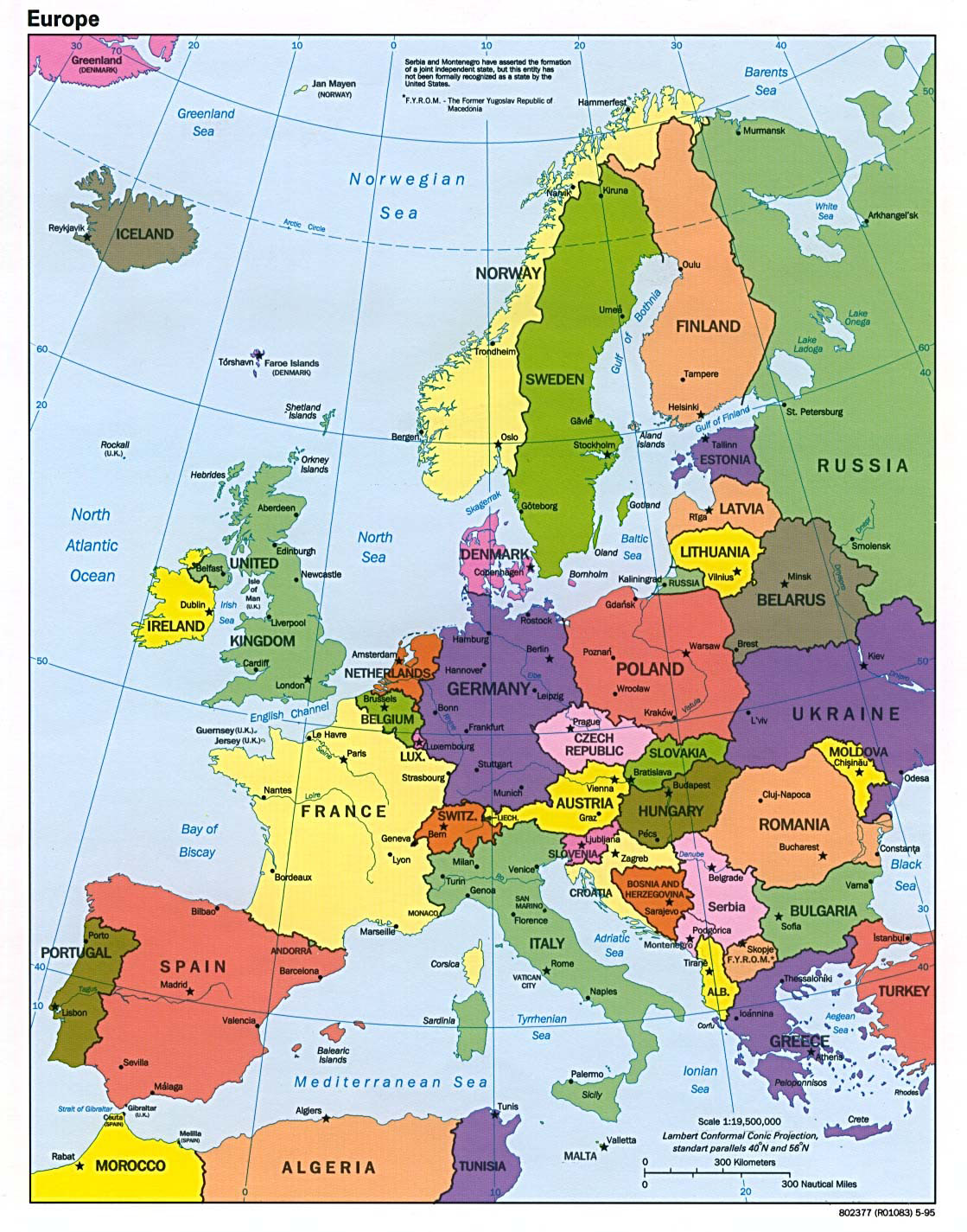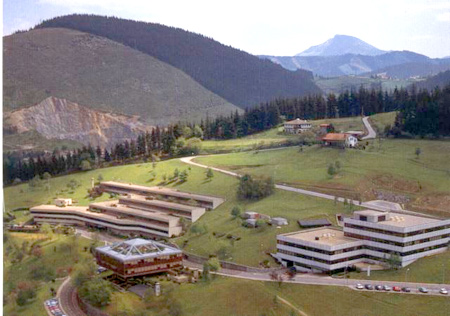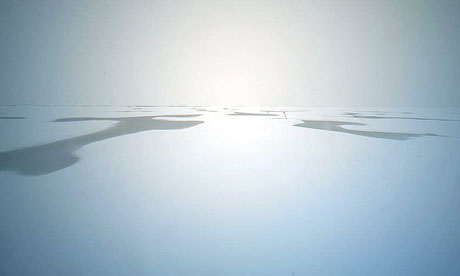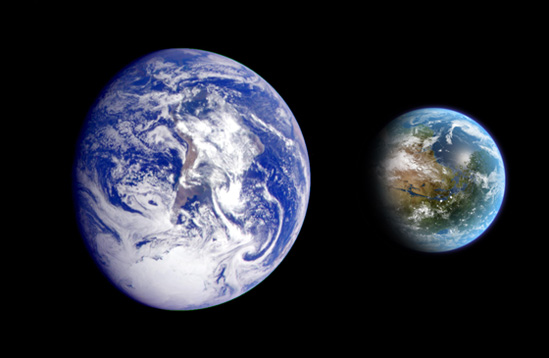A few days ago I heard a very
powerful lecture by Denis Wood, in which he talked about the social
construction of regions, basically stating that regionalism is a load of “bullshit”.
You could pick practically any geographical region in the world, and create a
narrative around it to create a common identity. This reminded me that Europe
is no exception. Around what is European identity constructed, and what are the
values that underlie the idea of Europe? The recent Nobel Peace Prize might
tempt us to think of democracy and justice, that Europe is some kind of
realisation of the Kantian vision of perpetual peace. When European leaders
applaud themselves, notions such as these tend to be referred to the most, and
most of us have taken for granted that Europe is as ‘real’ as France or Poland.
However, as I will show here, that is not the case: Europe is an artificial
construct, from which it follows that there is nothing intrinsically good about
the idea of European integration. A European federal state ought not to be our
aim per se, particularly if such a
state is founded on the economic system that is currently dominant. However, in
spite of Europe being no more real than Atlantis, and in spite of there being
nothing intrinsically good about European union, I will argue why I am still a
Europeanist.
 |
| Ethnic groups of Europe |
Europe is the Western peninsula
of the Eurasian tectonic plate which stretches from Borneo to Iceland. There is
no European continental plate, and apart from Europe, no landmass that is
merely a peninsula carries the designation of being a continent. Officially,
Europe stretches in the East until the Ural Mountains, the Volga River, the
Caspian Sea, the Caucasus and the Black Sea. Europe is an entirely cultural artifice,
a fact which any encyclopaedia will acknowledge. Nevertheless, the common
perception of Europe has changed quite dramatically during the centuries. While
Cyprus is geographically part of Asia, it is nevertheless a member state of the
EU, because it is considered to by culturally European. The EU application of Morocco
in the other hand was rejected because it is not part of the European
continent. Israel annually participates in Eurovision, and Malta, which
historically has been regarded as part of Africa, also joined the EU in 2004.
The boundaries of Europe change, and perhaps the most drastic development has
been that of framing the definition of Europe around the EU: Russia is thus certainly
not a part of Europe, although the country constitutes around 40% of the geographical
land area of Europe. Most Western geography textbooks written during the Cold
War further divided up Europe, considering the communist states of Eastern
Europe to be part of the geographical designation ‘The Soviet Union and Eastern
Europe’. My own city of Leipzig was thus part of a vast region stretching all
the way to the Bering Strait between Russia and Alaska.
 |
| Cultural Europe (Where's Russia!?) |
The idea of Europe is therefore
obviously not geographical, but cultural. But around which values is Europe
constructed? Well, I’d say Christianity for one, as well as democracy,
secularism, ethnicity (yes, white skin), and a common history (the times when ‘we’
killed each other). The ‘Judeo-Christian’ heritage of Europe is supposedly the
foundation of our values, which date back to antiquity where they were first
formulated by Aristotle, Plato, and the other ancient Greek philosopher, or so
the story goes. Well, perhaps one should remind those who make such claims that
it was Muslims in Islamic Spain who discovered the ancient Greek texts and
translated them into Arabic, and that it was the exchange between Muslims and
Christians that facilitated the renaissance. Spanish Muslims? The 900-year
period of Islamic culture in Spain was not an occupation. A large part of the
proto-Spanish-speaking population had converted to Islam. Europe was invaded by
the Huns, the Mongols, the Arabs, the Turks and the Magyars, to name but a few.
None of these peoples came originally from geographical Europe, and it may
strike you that most of Europe was quite recently part of the Mongol Empire (in
fact, the region of Kalmykia in European Russia maintains a Buddhist majority
to this day!). The great European wars were fought indiscriminately outside and
inside the ‘continent’, and I see no reason to exclude North Africa from the European
region, considering the close trade relations that always existed around the
Mediterranean.
The European idea must not
replace one type of nationalism with another. There are ‘indigenous’ German-speakers
in the territory of all of our neighbours, and people speak Sorbic when you
travel east from Leipzig for about 90 minutes. National borders do not define
nations, and neither do languages, because although Sorbs have their own
language, they very much consider themselves to be Germans. So faced with this,
the Europeanist tends to say, ‘Well, the idea of a homogenous nation-state is
obviously flawed, but we are all Europeans, right?’ Unfortunately, as we have
seen, that idea is equally flawed. Europe does not just start or end at some
arbitrary socio-geographic boundary. In my opinion Europe is constructed around
consumerism, or, alternatively, the area that can be reached with lorries from
Germany, France, Benelux and the UK.
Nevertheless, I am still a
Europeanist, just not one of those who think that integration should come at
any price, who thinks that anything the Commission suggests is good as long as
it brings as harmonisation. I don’t think that the European Union should be
limited to a particular geographical area. I think that if we implement
integration through a supranational governance (or regulation) structure
successfully, the EU can be a test-case for a global integration. I don’t think
anybody could dispute that the Earth represents an unconstructed unit. The
Earth is a relatively closed system, and humanity itself is indeed a community,
because we are all members of the same species. I see something intrinsically
good in preventing violence between human beings, and in facilitating the equal
distribution of resources through global regulation. The EU can provide a
role-model for this process, and therefore I support it.
Harald Köpping













